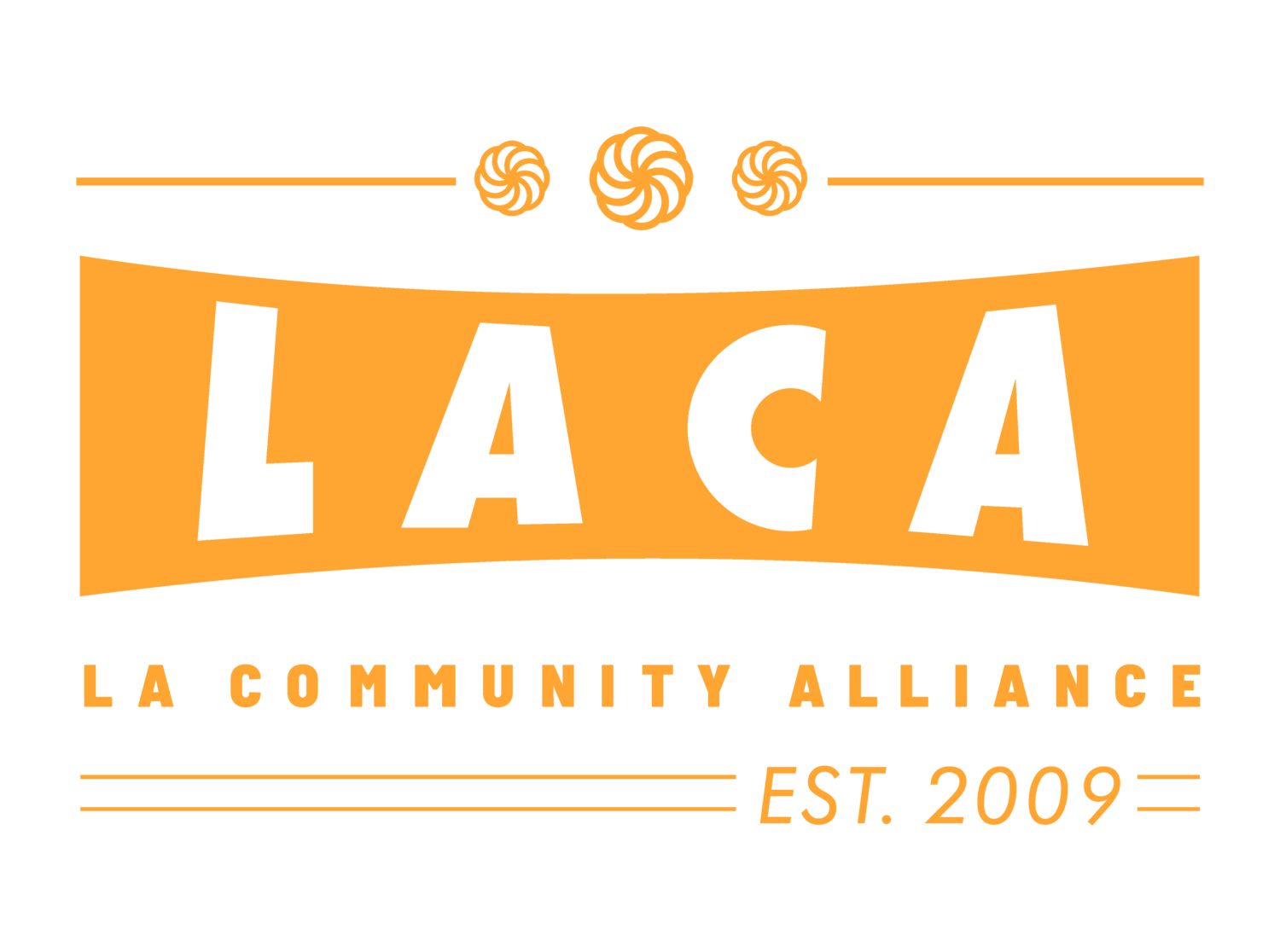How to Pick a Career
In order to find the career that is right fit for you, you must first get in touch with your 4 P's – passion, personality, preferences for work pace, type of work, work environment and the last P- principles.
When asked about the most meaningful parts of life most people rank the top three as , family, health and work. Choosing the type of work you’ll do, therefore, is arguably one of the most important decisions you can make.
You can begin choosing a career by taking the following steps:
Perform a self-assessment.
Identify your must-haves.
Research jobs and employers.
Get training.
*Perform a self-assessment
Before making any important decision, it’s a good idea to take time for self-reflection. Choosing a career is no different. In this step, you’ll reflect on what kind of work environment you want to be in, what type of work you enjoy, who you want to work with, and more.
Here are a few questions to get you started.
What are your key values? - Example answers: Financial stability, helping others, independence
What soft skills do you possess? - Example answers: Time management, communication, confidence, problem-solving
What technical skills do you possess? - Example answers: Data analytics, planning, research, multilingual, great computer skills
What natural aptitudes do you have? - Example answers: Writing, leadership, selling, project management, communicating, planning, technical problem-solving, good with your hands, love working with people
What’s your personality like? - Example answers: Personality type, quiet, outgoing, confident, aggressive, loyal, compassionate
What are you interested in? - Example answers: Technology, medicine, computers
*Identify the must haves
Example answers: Working with people, want to work in a fast paced environment, want to work with my hands or want to work in an office environment.
*Research Jobs
If you are looking to enter the job market, change jobs, or find career information, the Bureau of Labor Statistic can help. You can learn about the work, education and training requirements, advancement opportunities, employment, salary, and 10-year job outlook for hundreds of occupations. The site also lists related occupations and sources of more information.
You can search over 60 occupations by what interests you. Find out what people in an occupation do, how they get ready for it, salary information, and job outlook.
https://www.bls.gov/bls/blswage.htm
https://www.bls.gov/audience/jobseekers.htm
*Get Necessary Training/Education
Once you have made the decision on a career path there are numerous resources and options to gain the training or education needed to pursue your career. Check your local areas and community colleges for training programs. Below are two resources to consider.
Community Colleges of Los Angeles www.ccla.com
California Community Colleges www.cccco.edu

